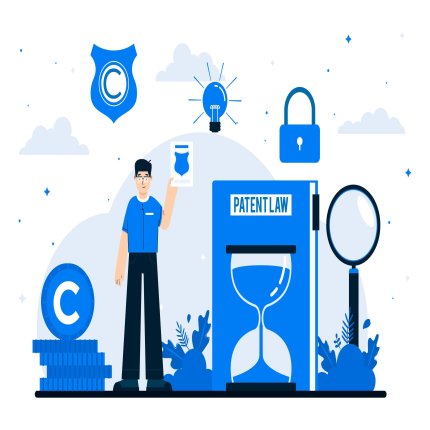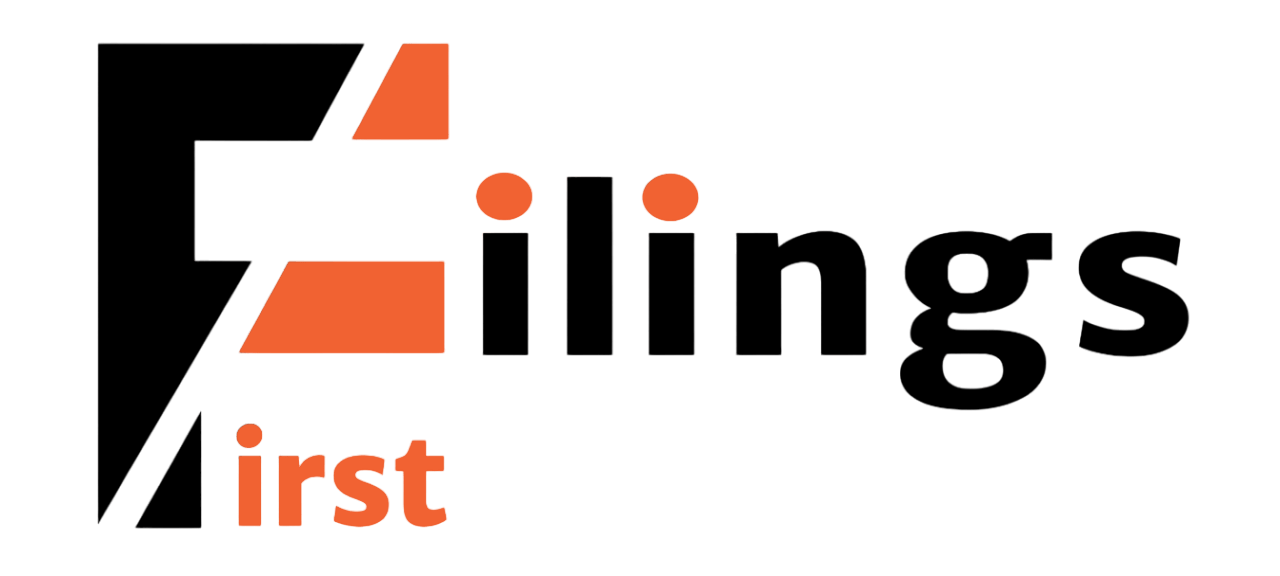
Legal Action Against Copyright Infringement
Copyright infringement is a serious offense that occurs when someone violates the exclusive rights granted to the original creator of a work protected by copyright law. Whether it is unauthorized copying, distribution, display, or adaptation of creative works, copyright infringement undermines the rights of creators and can have significant financial and reputational consequences.
There are serious consequences to this, including loss of trust, legal actions, and compensation to be paid, among other things. Legal action for copyright infringement occurs when someone uses another person’s work without their permission, such as literary, musical, artistic, or cinematographic works. It can be intentional or unintentional, but the exclusive rights of the owner must be violated. It can include unauthorized copying, distribution, display, or creation of derivative works.
What is Copyright infringement?
Copyright infringement refers to the unauthorized use, reproduction, distribution, or adaptation of a copyrighted work without the permission of the copyright owner. It is a violation of the exclusive rights granted to copyright holders under intellectual property laws.
Types of Works Protected by Copyright
Copyright protects various forms of creative expression, including literary works such as books, articles, and poems; artistic works such as paintings, sculptures, and photographs; musical compositions and recordings; and visual creations such as films, videos, and graphic designs.
Elements of Copyright Infringement
a) Reproduction: Unauthorized copying or replication of copyrighted material, whether in physical or digital form, constitutes infringement. This includes photocopying, scanning, downloading, or uploading copyrighted content without permission.
b) Distribution: Unauthorized sharing, selling, or distributing copyrighted works to the public, whether through physical or digital means, is an infringement. This includes distributing pirated copies, unauthorized downloads, or counterfeit products.
c) Public Display: Publicly showcasing copyrighted works without permission, such as exhibiting artwork, performing plays, or screening movies, without proper authorization violates the exclusive rights of the copyright owner.
d) Adaptation: Making derivative works or modifications of copyrighted material, such as translating a book, creating a remix of a song, or producing a film based on a novel, without obtaining proper permission or licenses is considered infringement.
Understanding Ownership for Legal Claims in Copyright Infringement
The creator of the work, such as the author, composer, artist, or filmmaker, is usually the owner of the copyright. The employer may own the copyright in cases where the work was created as part of an employment contract. Before taking Legal Action Against Copyright Violation, it is critical to ascertain the identity of the owner.
Copyright Infringement Civil Remedies
The owner of the copyright can sue the infringer in civil court for damages caused by the infringement. Depending on the gravity of the infringement, the court may award actual or statutory damages. The owner may also seek an injunction to prevent further infringement and may request that the infringing copies be impounded or destroyed by the court.
Penalties, Legal Action, and Civil Lawsuits
The need to file a civil lawsuit arises when all other efforts to resolve the infringement are unsuccessful. To guide you through the litigation process, consult an experienced intellectual property attorney who specializes in copyright law. The lawyer will assist you in gathering evidence, drafting legal documents, and representing your interests in court. In copyright infringement lawsuits, the court may issue injunctions to prevent further Violation, award monetary damages, and order the infringer to pay legal fees.
Copyright infringement can result in civil damages, criminal prosecution, fines, and imprisonment. In India, a person found guilty of copyright violation can be fined up to Rs. 2 lakhs and imprisoned for up to three years under the Copyright Act of 1957.
Familiarize with Digital Millennium Copyright Act
The Digital Millennium Copyright Act (DMCA) provides a mechanism for copyright holders to address online copyright infringement. Copyright holders can use the DMCA to send takedown notices to online service providers such as websites, search engines, and social media platforms, requesting the removal of infringing content. The service providers are then required to remove or disable access to the infringing material as soon as possible. To protect your copyrighted works from online infringement, familiarize yourself with the DMCA provisions and follow the prescribed procedures for submitting takedown notices.
Intellectual Property Rights Enforcement Agencies
Many countries have dedicated intellectual property enforcement agencies that focus on copyright infringement. These organizations are critical in enforcing copyright laws, investigating infringement cases, and taking legal action on behalf of copyright holders. Investigate the agencies in your jurisdiction and become familiar with their processes for reporting copyright infringement. Collaboration with these agencies can help you combat copyright infringement and increase your chances of success.
Public Awareness and Education
Raising public awareness of copyright infringement and educating individuals on the importance of intellectual property rights is critical for fostering a culture of copyright compliance. Copyright holders can help people understand the consequences of copyright violation and encourage respect for creative works by holding workshops, seminars, or public campaigns. Raising awareness can deter potential infringers and foster a greater understanding of the importance of intellectual property.
Continuous Monitoring and Vigilance
When it comes to copyright infringement, prevention is everything. Copyright holders should set up systems to monitor and detect potential instances of infringement continuously. This can include using technology to scan the internet for unauthorized use of copyrighted material, hiring third-party services specialized in monitoring copyright infringement, or even forming partnerships with industry associations or organizations that actively work to protect copyright. Prompt detection enables copyright holders to take immediate action and reduce the impact of infringement.
Stay Updated on Copyright Laws and Developments
Copyright laws are constantly changing, so copyright holders must stay current on any changes or developments in the legal landscape. Review copyright laws, court decisions, and legislative updates regularly to ensure you are aware of your rights and legal remedies. This understanding enables copyright holders to make informed decisions about legal action and enforcement strategies.
It is critical to take legal action against copyright infringement to protect creative works and ensure that copyright holders receive the recognition and compensation they deserve. Copyright holders can protect their intellectual property rights by understanding copyright laws, documenting ownership, pursuing appropriate legal avenues, and leveraging technological tools and enforcement agencies. Collaboration, public awareness, and constant vigilance are essential for fostering an environment in which copyright violation is discouraged and the value of creativity and innovation is recognized.
Copyright infringement is a serious criminal offense punishable by the system of Legal Action Against Copyright Infringement. It is critical to respect the intellectual property rights of others and obtain the necessary permissions before using their creative work. In addition to criminal penalties for violation, copyright holders can seek civil remedies such as monetary compensation and injunctions. IP laws and their protection are critical.


